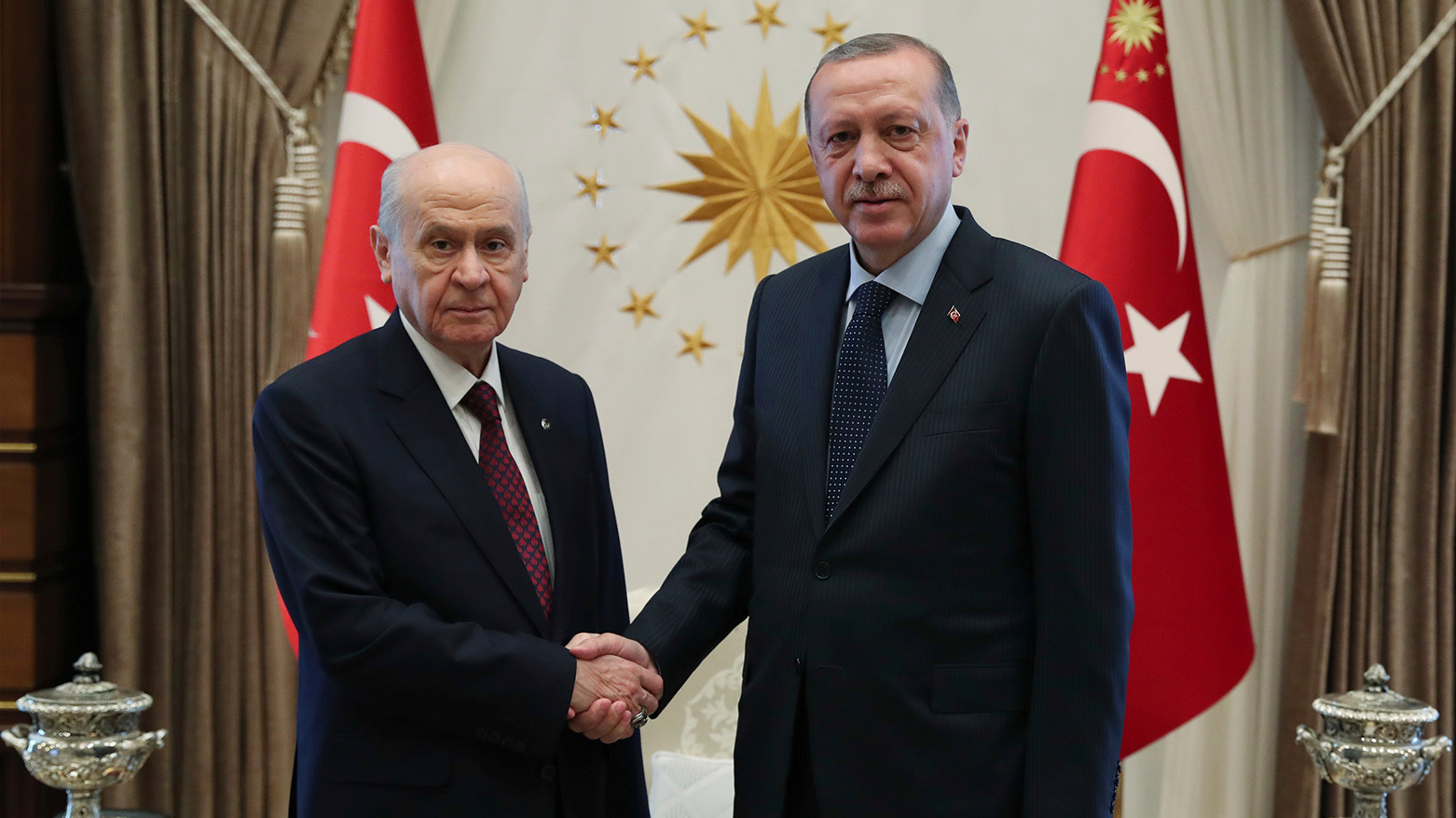Turkish Nationalist Leader Proposes Kurdish Vice Presidents for Türkiye
Turkish nationalist leader proposes Kurdish VP roles in peace bid, but critics call it 'symbolic.' Kurds demand constitutional recognition: 'Federalism, not token posts, is the solution' to decades-long conflict.

ERBIL (Kurdistan24) – Turkish Nationalist Movement Party (MHP) leader Devlet Bahçeli has proposed that a future power-sharing agreement in Türkiye include a Kurdish and an Alevi vice president, in what he described as part of a new peace framework. While it remains unclear whether the proposal will be implemented, all of Bahçeli’s previous suggestions within the reconciliation process have reportedly been carried out.
The proposal has reignited debate across Türkiye’s political and academic spheres over whether such a move could address the longstanding Kurdish issue or whether it merely constitutes a symbolic gesture.
Turkish academics have been quick to express skepticism. In an interview with Kurdistan24, Aziz Yagan, a Turkish academic, argued that Bahçeli’s proposal is reminiscent of Lebanon’s power-sharing model but lacks practical relevance in Türkiye. “In my view, such a formula is not suitable for Türkiye,” he said. “It cannot resolve the Kurdish issue. It is a symbolic step in the peace process. True resolution lies in recognizing Kurdish identity constitutionally. What we need is a federal system where Kurds govern themselves on their own land.”
Kurdish political figures welcomed the proposal as an acknowledgment of the Kurdish question but stressed that real recognition, not mere symbolic appointments, is necessary.
“It is a positive sign of acceptance,” one Kurdish politician stated to Kurdistan24, “However, it must not be limited to a symbolic representation.”
Politician Ahmed Kaya echoed these concerns, noting that the Kurdish and Alevi communities have faced systemic challenges in Türkiye for decades. “For years we’ve been told there are no differences among Kurds, Turks, or Alevis—that we are all the same. But in reality, disparities exist. Vice presidential posts must not be token positions; they must represent and serve the people they claim to speak for.”
For many Kurdish politicians and academics, the issue is not about positions of power but about formal recognition. They argue that unless Kurdish identity is explicitly recognized in Türkiye’s constitution, genuine peace will remain elusive.
“The post is not what matters most,” one Kurdish official told K24. “What matters is recognizing the Kurdish identity in the Turkish constitution. That would mark the real beginning of reconciliation in the country.”
As public and political discourse continues to evolve, Bahçeli’s proposal—though controversial—has once again pushed the Kurdish issue into Türkiye’s national spotlight, underscoring the ongoing challenge of equitable representation and constitutional acknowledgment in the country’s political structure.
